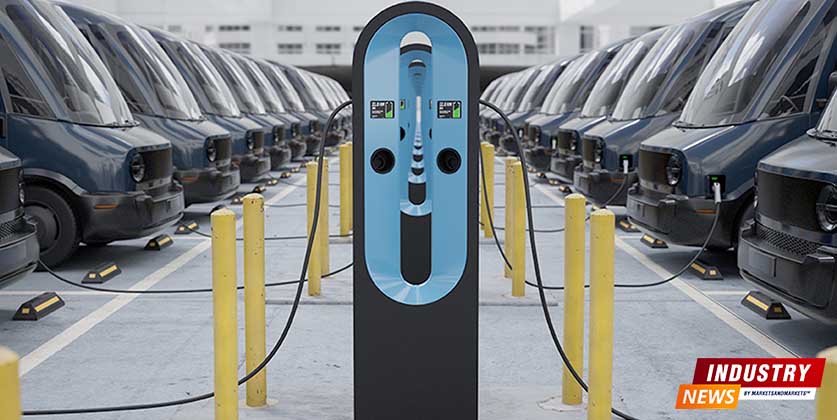Industry Wide Impact on EVs and Dependent Industries: China Restricts Graphite Exports

In a significant move that escalates the ongoing tech war between the U.S. and China, Beijing has restricted the export of graphite, a crucial component for the tech industry, particularly in the manufacturing of batteries for electric vehicles and electronic devices. This decision comes as a strategic countermeasure to the U.S.'s tightening of export controls on semiconductor chips used for artificial intelligence (AI) and the equipment used to manufacture them. The U.S. aims to prevent China from acquiring or producing advanced chips that could bolster its military capabilities, especially in the realm of AI.
The Biden administration's restrictions on AI chip exports to China have been a point of contention, with the U.S. citing national security concerns. The U.S. Commerce Department has unveiled new rules that further tighten a set of export controls first introduced in October 2022. These regulations are designed to close existing loopholes and adapt to recent technological advancements. Notably, the rules have been extended to chips with fewer capabilities than those previously subject to restrictions. Major chipmakers, including Nvidia, AMD, and Intel, are expected to be significantly impacted by these rules. Nvidia, in particular, has stated that the new export restrictions will block sales of two of its high-end AI chips, A800 and H800, specifically designed for the Chinese market.
MarketsandMarkets’ analysts estimate that the Carbon Felt and Graphite Felt Market was valued at USD 491 million in 2023. It is projected to reach USD 770 million by 2028, growing at a Compound Annual Growth Rate (CAGR) of 9.4% from 2023 to 2028. This growth is attributed to the increasing demand for high-performance batteries and the enhanced performance of carbon fiber in high-temperature applications.
China's response to these restrictions has been sharp, with the foreign ministry stating that the curbs "violate the principles of the market economy and fair competition." The ministry also accused the U.S. of "forced de-coupling for political purposes." In retaliation to the U.S.'s chip restrictions, China had previously imposed export curbs on essential elements for semiconductor manufacturing, germanium and gallium, of which China dominates the global supply.
The ongoing tech rivalry between the two global superpowers has raised concerns over "resource nationalism," where governments hoard critical materials to exert influence over other nations. The U.S.'s decision to curb chip exports is seen by some as a move to prevent China from ever matching U.S. capabilities in the tech sector. However, the Biden administration has emphasized that the restrictions are tailored to only affect advanced technology with relevance to national security.
The escalating tech war between the U.S. and China, marked by export restrictions and retaliatory measures, underscores the geopolitical significance of technological advancements and the strategic importance of controlling the global supply chain of critical materials and technologies.
MarketsandMarkets Industry News Desk
GET AHEAD
Top Research Reports to Fuel Your Industry KnowledgeEditor's Pick

Healthcare
Cellevate’s Nanofiber Revolution 13× Higher Vaccine Yields, 85% Lower CostsChemical and Materials
Semiconductor and IC Packaging Materials Gains Momentum as Amkor Invests $7B in Arizona
Information and Communication Technology
AI-Driven Data Center Expansion is Accelerating Innovation in Power Infrastructure WorldwidePODCASTS

Sustainable Digital Transformation & Industry 4.0
Sanjay Kaul, President-Asia Pacific & Japan, Cisco, and host Aashish Mehra, Chief Research Officer, MarketsandMarkets, in conversation on unraveling 'Sustainable Digital Transformation and Industry 4.0'
11 July 2023|S2E12|Listen Now

Generative AI
Prasad Joshi, Senior Vice President-Emerging Technology Solutions, Infosys, and host, Vinod Chikkareddy, CCO, MarketsandMarkets, in exploring the recent advances in AI and the generative AI space.
7 Nov 2023|S2E13|Listen Now
Carbon Felt and Graphite Felt Market
Nvidia, in particular, has stated that the new export restrictions will block sales of two of its high-end AI chips, A800 and H800, specifically designed for the Chinese market.
China's response to these restrictions has been sharp, with the foreign ministry stating that the curbs "violate the principles of the market economy and fair competition."











